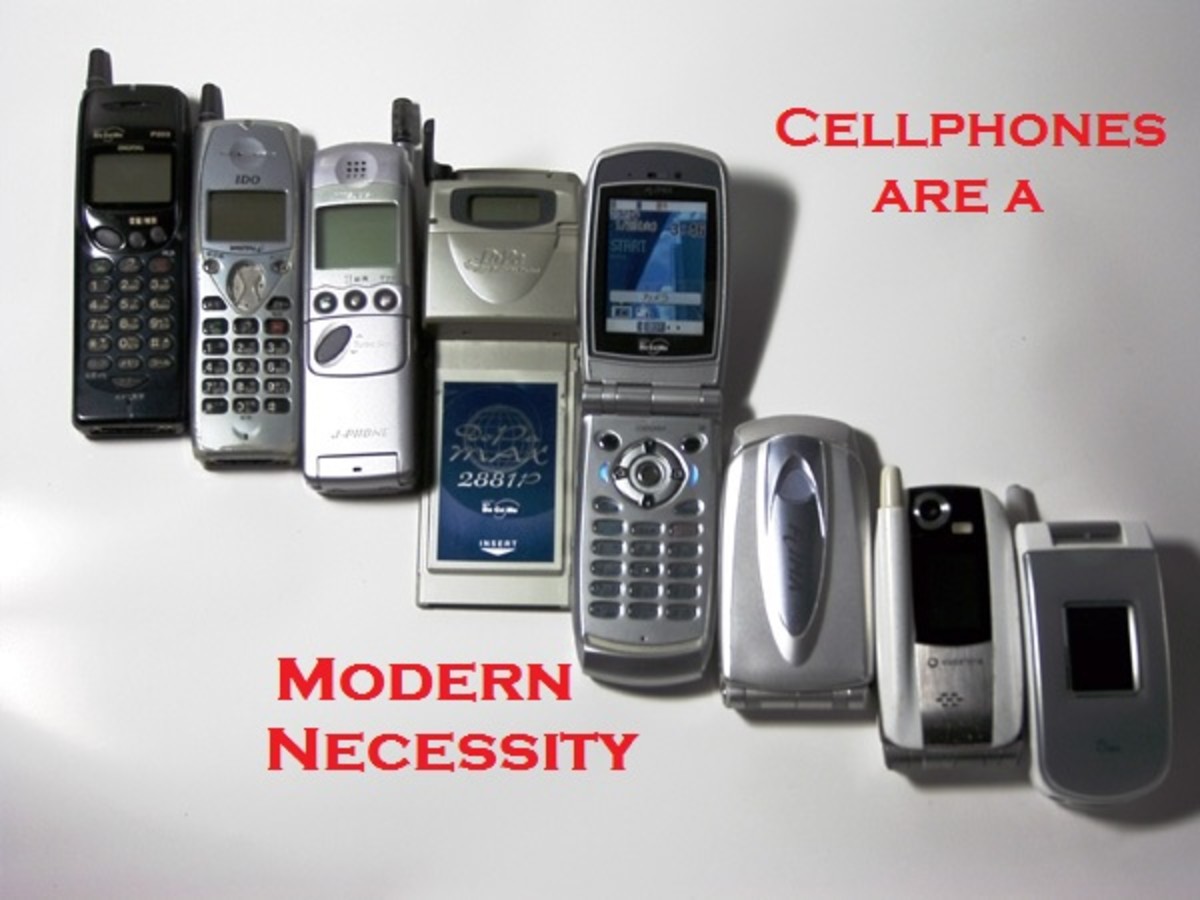The cost of complaints and dealing with serial complainers.
Serial complainers.
The federation of small businesses recently released a report showing that seven hours a month on average are now spent dealing with complaints. Most of which are believed to be brought forward by serial complainers. A select group of people who repeatedly complain about services and products, often pushing for compensation or threatening legal action if they feel their problem has not been adequately dealt with or solved.
The British once associated with their stiff upper lip and grit are fast becoming branded as a bunch of whiners. We quickly embraced the compensation culture that has rapidly evolved in the last decade and it seems our expectations have become a little high, to say the least. The compensation injury industry has experienced a boom in profits over the last decade as well as new specialists in this field starting up legal practices at an ever increasing rate.
But just what does this mean for business and the economy, is it a beneficial move or a detrimental one? Should we be saluting the serial complainers for their dedication to good service or are they people who are just after a free meal or product and are little more then con artists?

The argument against.
Serial complainers or rouge customers as there known in certain circles are starting to cause those in the industry of service, manufacture and retail to feel more then a little uncomfortable.
So much so in fact that there is a movement to be able to place complaints against customers, or appeal a complaint in a bid to protect themselves and their companies.
There are also groups of small business owners, coming together to share data and information on persistent and difficult customers, in effect to track them, in an attempt to prevent any problems that may occur if the serial offender does decide to file a complaint.
Preventative measures are also being put in place, like photographic evidence, product and service checks as well as staff witness statements, to prove that any potential complaint will be unjustified and quickly dismissed.
The argument for.
However on the other hand we do have to look at our service industries now days and how they compare to that of the past.
Businesses were once run by local people running a local store. Now big business shows millions of pounds worth of turnover, with huge profit margins and it's all become a bit faceless.
It's all slogans and motto's. Everything is about being cheap and selling fast. Back in the day your local shop keeper down the road would deliver your shopping for free, after all it was not very far and they used to take pride in their service. Where as now not only do you have to pay to get your shopping delivered, you can see a noticeable difference between that very good service, which is dwindling into extinction and the very poor service we are seeing more of today.
Job satisfaction is for the most part is practically non existent for the majority of the population. It's not a career choice, it's just a way of making money. More often then not there is no respect, attachment or loyalty to a company as an employee and this trickles through to the service.
Resentment and dissatisfaction is becoming ever more of a problem, resentment grows and ultimately the customers shopping experience is tarnished. They don't feel that their needs were adequately met and they feel they have a right to complain.
Those who regularly complain say that they do so to keep service standards high and to keep businesses striving to provide the best products and services.
Gone are the days of buyer beware and welcome to the age of seller beware.
Every year the government spend hundreds of thousands of pounds on consumer regulation and the employment of audits-man and audits-woman. The days of buyer beware are well and truly over and the age of seller beware is here.
Although there is clearly a need for complaints procedures to be in place, there does seem to be this evolving culture of entitlement. What we feel we deserve, what we believe our rights are as consumers.
Is it a case of the more we have the more we want and when do you know if something is not satisfactory or reasonable? Compensation claims are becoming not only common place but almost standard procedure what was once an accident is now a claim.
Worst of all it's the smaller businesses that seem to suffer the most, which is of course terribly unfair. As It's increasingly getting harder to compete with the supermarkets and other big business corporations.
Regulation and compensation leads to the cost of complaints reaching not just millions of pounds but billions of pounds!
- What Is An Attorney and What Does An Attorney Do?
The role of an attorney has recently experienced an increase in interest and a general popularity boost. The media have overhauled its image from a bit boring, stuffy, shady and corrupt to a glamorous, gritty, desired and highly respected... - What is Power of Attorney and How Do You Get The Pow...
Legal matters can often confuse the brightest of minds and sometimes we need to call on expert help to aid us in our times of need. The concept of the power of attorney seems to leave many people feeling a little nervous. There is a common... - What is cosmetic surgery and plastic surgery compens...
This article is an independantly written article, unbias and free to read. It explains what cosmetic surgery negligence is, what you can claim for and what kind of money you can expect to recieve from a claim. Busting common myths and letting you kno








